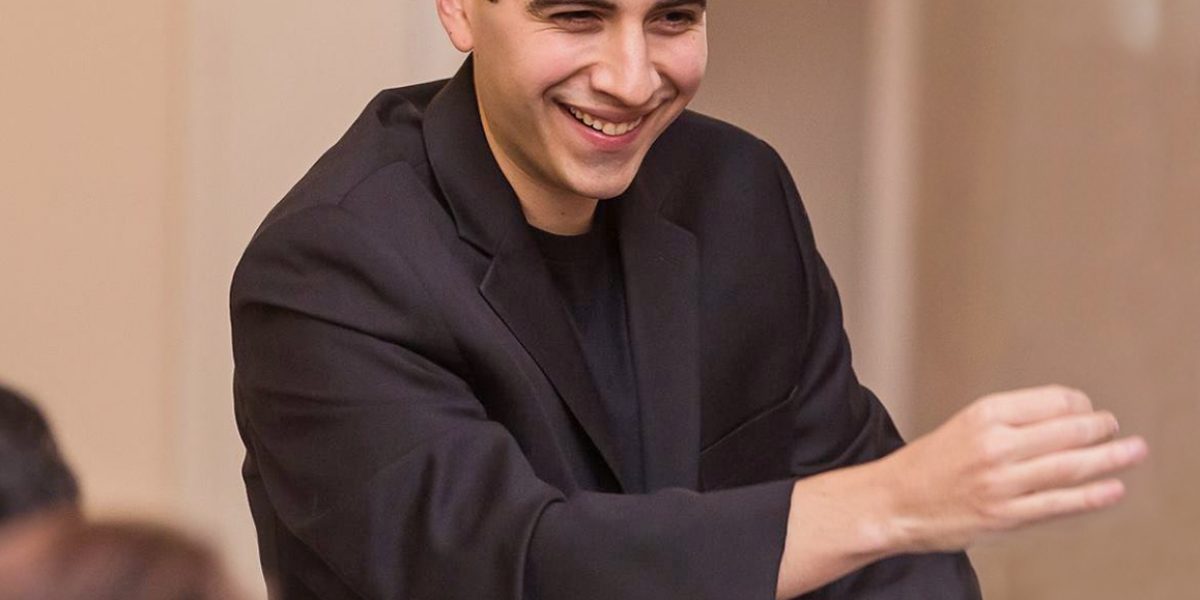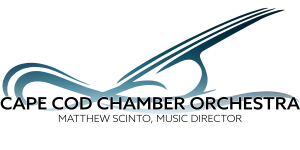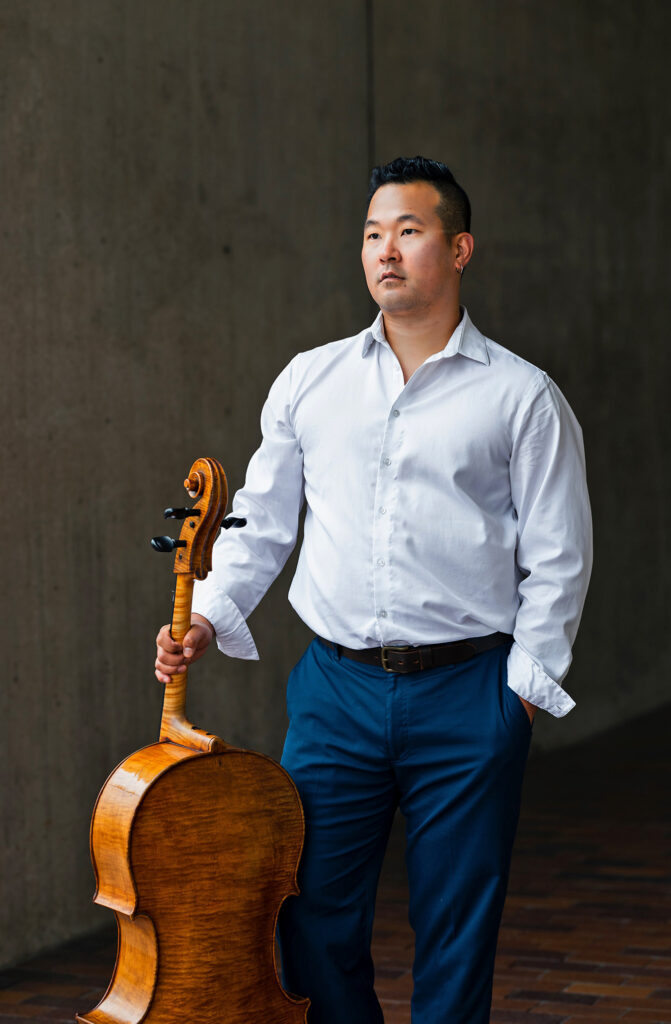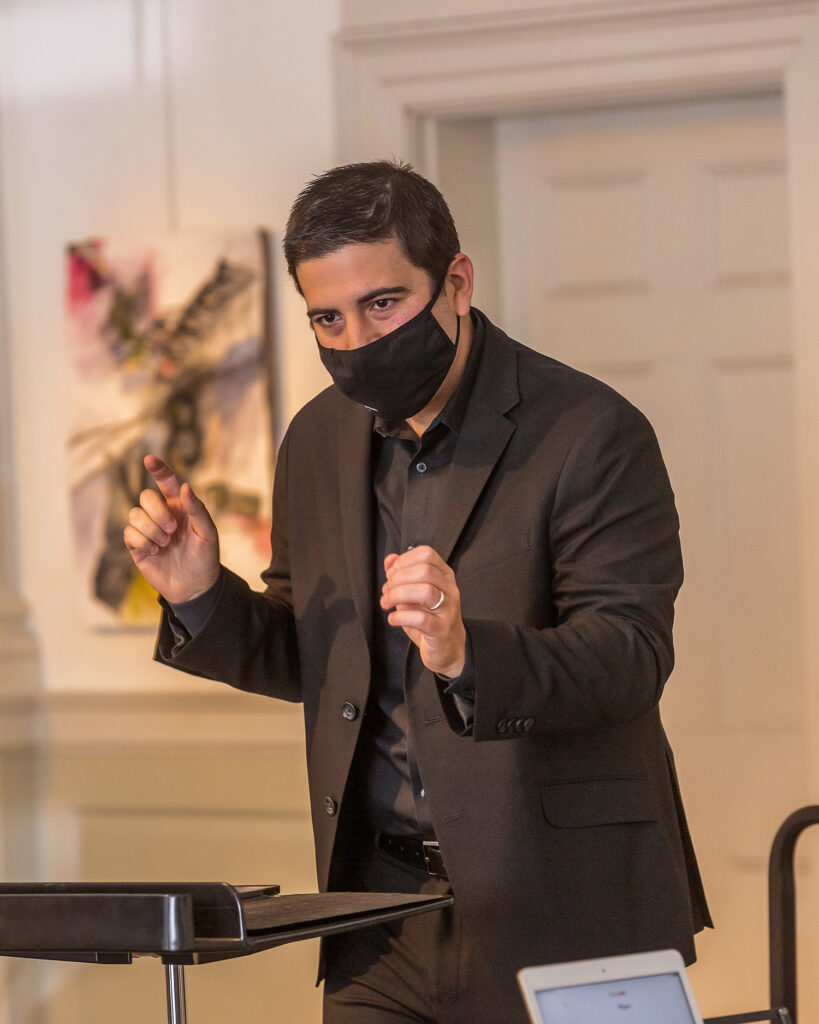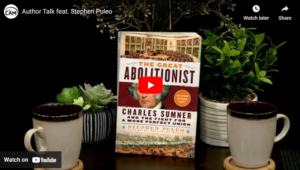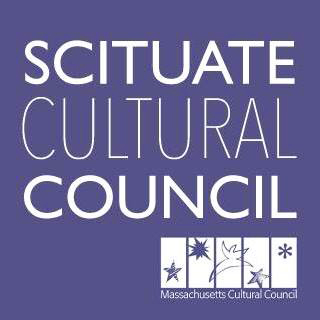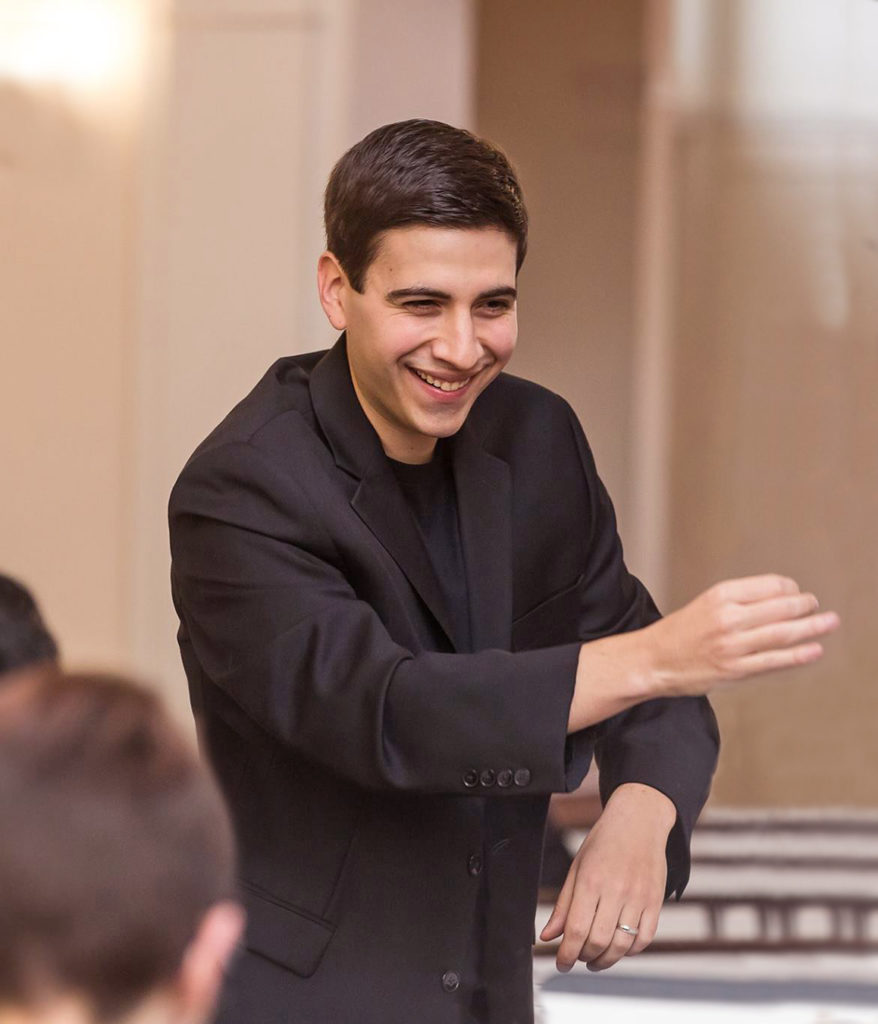
image by Jean Kirby Photography
Cape Cod Chamber Orchestra pays a visit, thanks to the Martha’s Vineyard Chamber Music Society
MV TIMES – With the desire to continue expanding its year-round events, the Martha’s Vineyard Chamber Music Society (MVCMS) is once again hosting the Cape Cod Chamber Orchestra (CCCO), which shared its creativity with the Island last November. This time the concert is coming up on Saturday, Nov. 19, at 4 pm at the Chilmark Community Center.
They are coming to our shores during CCCO’s new Sandbar Chamber Series, which is taking place throughout the Cape Cod area. For founder and music director Matthew Scinto, the tongue-in-cheek nature of the title “Sandbar” speaks to the less serious nature of his approach to classical music. “It’s something that I think should be accessible to anyone,” Scinto says. “I hope it’s an inviting way to get people interested in what we’re doing. It’s always been our mission to make music accessible to people who may not even have gone to a concert before. I think having the chance to experience really high-level musicians can have an impact.”
The centerpiece of the afternoon will be Franz Schubert’s 1828 “String Quintet in C, D. 956,” performed by Jean Huang and Jesse MacDonald on violins, Jessica Cooper on viola, along with Timothy Paek and Matthew Smith on cellos. Running about 50 minutes, Scinto explains that its length is remarkable. “Music at this point wasn’t usually that long. Later on, in the 19th century, where you have Gustav Mahler, Richard Strauss, and Wagner, they’re writing really lengthy works. But for Schubert to do this, and for it to be a chamber piece that’s a quintet, only one more instrument than a string quartet, is a really big undertaking.”
Another reason Scinto selected the piece is that he finds Schubert’s music is not performed that frequently. “Schubert wrote hundreds and hundreds of works, and he died at the age of 31 years old,” Scinto explains. “We’ve heard of Mozart, Beethoven, and Bach — the classical canon of classical composers — we just don’t always lump Schubert in there, and I always found that so odd. He was a true master at such a young age.”
Scinto points out that it is also strange to have a chamber piece for two cellos, two violins, and a viola. “It’s nicknamed the ‘Cello Quintet’ because it is sort of odd to have two cellos in this configuration, as though the string quartet didn’t work well enough for Schubert; he wanted an additional lower voice.”
Scinto also speaks about how we think of it as late Schubert, while he was only 31 years old when it was composed. “The ‘String Quintet’ was in fact written just two months before the composer’s death in 1828. It is as ‘mature’ as Schubert gets,” Scinto says. “It gives us a vision into if this composer had not died so young — and he was, in my opinion, writing revolutionary music at the time — what would his compositional voice have been like if he had written for another 20 or 30 years?”
Knowing about the composer and her or his era is important to Scinto, who said he enjoys the history behind the pieces performed by the CCCO. The music, he says, is always based on the culture of the time it was created.
Along these lines, what stands out for Scinto about Antonin Dvorak was how inspired he was by folk music. Czech folk music in particular was the inspiration in his 1887 “Terzetto in C, Op. 74.” “This is something that was trendy to do after Mozart, Hayden, and Beethoven — to write music that’s inspired by the culture and popular music of the time,” Scinto says. “I enjoy Dvorak in particular because he has a lot of quirks and humor, whether he’s writing a symphonic work or a little trio.”
While the Schubert work had been Scinto’s choice, both the Dvorak and Jacques Offenbach’s 1855 “Cello Duo No. 1 in B-flat, Op. 53” were selected by the musicians. Offenbach was a German-born French composer, cellist, and impresario of the Romantic period. Scinto offers some context: “Offenbach is famously known for his ‘Can-Can’ from ‘Orpheus in the Underworld.’ He was an operetta composer who had much influence on Johann Strauss, and even Gilbert and Sullivan. The cello duos are a turn away from the opera stage, but carry with them the characters, drama, conflict, and resolution that you’d find in his operatic works. The ‘Cello Duo Op. 53’ is quite spirited and joyous music, which our two cellists find enjoyable to perform.”
Scinto says CCCO is deeply committed to bringing exciting, enriching, and memorable music to its audiences. “With our group, I’ve found that everyone comes back … and they bring a friend — or two,” he says. Fortunately, because of MVCMS’s efforts, we do not have to go to Cape Cod to hear them.
Tickets for the Saturday, Nov. 19, 4 pm concert at the Chilmark Community Center are $30, and available at mvcms.org.
By Abby Remer

